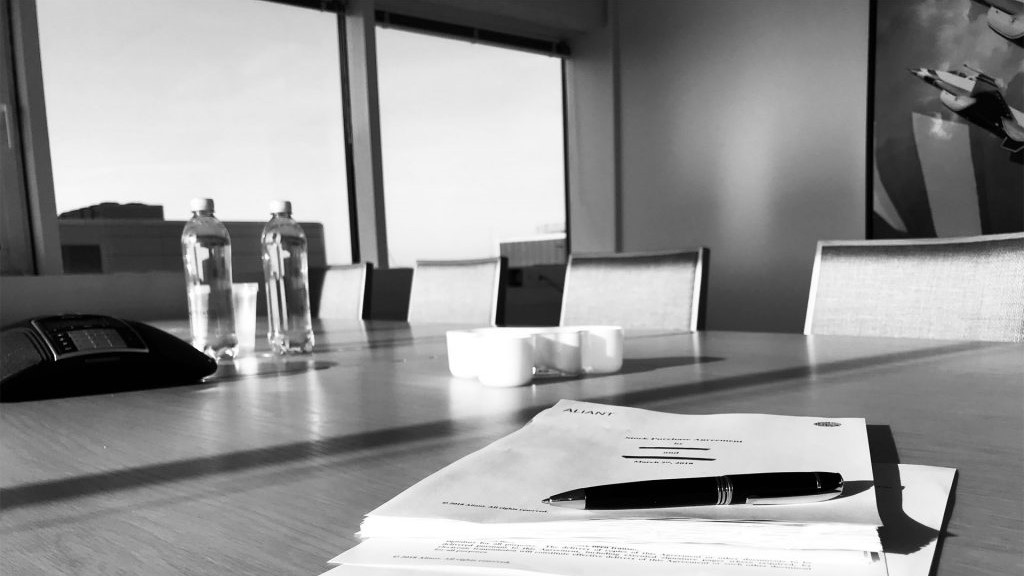
The EU has taken measures to tackle the power of big tech companies on the Internet. On the 20th of January 2022, the European Parliament accepted the Digital Services Act (DSA) which will regulate big digital technology companies’ behavior to reduce their power online and have more transparency. This is part of the Digital Services Act package together with the Digital Markets Act (DMA) on free and fair competition in the digital market which was approved in December 2021. There are growing concerns of big companies’ role as gatekeepers in the digital market superseding the power of law and even acting as the “Internet police” with their filtering technology and surveillance of the Internet.
The Copyright Directive of 2019 was a step to create common rules and obligations for content sharing platform services, such as YouTube, but many have criticized the directive as giving the companies more reason to monitor and control the behavior of Internet users. The DSA will act as a counter-measure for the aftermath of the Copyright Directive. The Directive created obligations for the services to take down copyright infringing content from their platforms and this in many cases lead to the companies using filtering technologies to identify infringing content and over-removal of content in fear of legal liability.
The DSA includes stronger safeguards in ensuring that take-down notices are processed in non-arbitrary and non-discriminatory manner ensuring human rights, such as freedom of speech. The Act also establishes measures for platform users against erroneous removal of content and rejected tight deadlines for the platforms to remove illegal content.
In addition, DSA will forbid the use of sensitive personal data, such as sexuality, religion and ethnicity, in targeted advertising and prohibits online platforms form using ‘dark patterns’, deceptive techniques designed to influence user behavior to undermine their ability to make free and informed decisions.
The DMA that is already being discussed in the trilogue meeting is another measure to regulate the big tech companies. This will weaken big companies’ position as gatekeepers by, among other things, forbidding them to over-promote their own products, or limit payment possibilities to their own payment methods impose unfair conditions on business users. The DMA also takes measures to restrict the companies from imposing unfair conditions on user.
The next step in the legal process is the trilogue meeting of member states, Parliament and the Commission concerning the DSA. It is speculated that the Act would come into force earliest next year.
Read here the Parliament approved text of DSA:
https://www.europarl.europa.eu/doceo/document/A-9-2021-0356_EN.html



